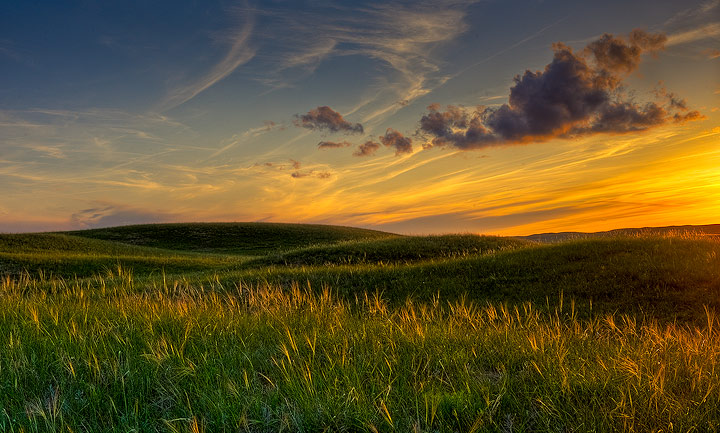It is a day off and there are books to read, cauliflower fritters to make and podcasts to catch up on instead of binge-watching Sense8 like I really in my heart places want to but that would be crazy awful because Amazing Roommate and I are binge-ish-watching it and it is so fun to overreact together. She is pretty fucking great. So, instead of that and instead of blerging a bunch of words in an order that cannot possibly be meaningful right now, have this list of amazing and beautiful.
It's been a while since this happened. They used to be a pretty regular feature of my life. I hope I remember how to do it. with added #FF feature.
Another Round is clearly a problem for me on account of I do not have a job at Buzzfeed. Where friendships are cultivated through the clever application of alcohol and technology that did not sound right at all but it's not leaving the sentence oh well. (Are y'all watching Whine About It. Because, bro, just bro.) @Anotherround
Sense8. Here's an interview that is very important that you can watch that will tell you nothing but will perhaps inspire you to want to watch the show maybe. I kind of don't want to link to anything about the show even though I have no other pitch than it is good. 85% fewer angsty white men than usual. The part where I'm actually not lying just now occurred to me. @Sense8
Angel Sanchez. This guy who dances with other guys in New York. This guy. @bboyrebels
Roxane Gay got real important to me this year. Bad Feminist. Tumblr. Other Important Reasons. I feel that this year, she could get real important to you, too. @rgay
GoodMuslimBadMuslim another podcast I know because podcasts are the best ever in the history of all of the things. Zahra and Taz are my new imaginary best friends except for the part where they are real and amazing have way other things to do than to be my new best friends (which is totally fine because the best friends who are in my life are beyond the best. (The precedent is set though in case either one needs, like a whole new set of extra amazing besties like for emergencies or life-hacking or role-playing Sense8 on occasion (but not that occasion (you totally know what occasion I mean)))). @ZahraNoo @TazzyStar
Rabih Alameddine shared a poem for a Friday. @rabihalameddine
Rain Towards Morning by Elizabeth Bishop
 |
| www.stephen-weaver.com |
My thoughts have been straining for sunsets in the Sandhills. It's a Nebraska thing. It doesn't leave.
Love and respect to all.




